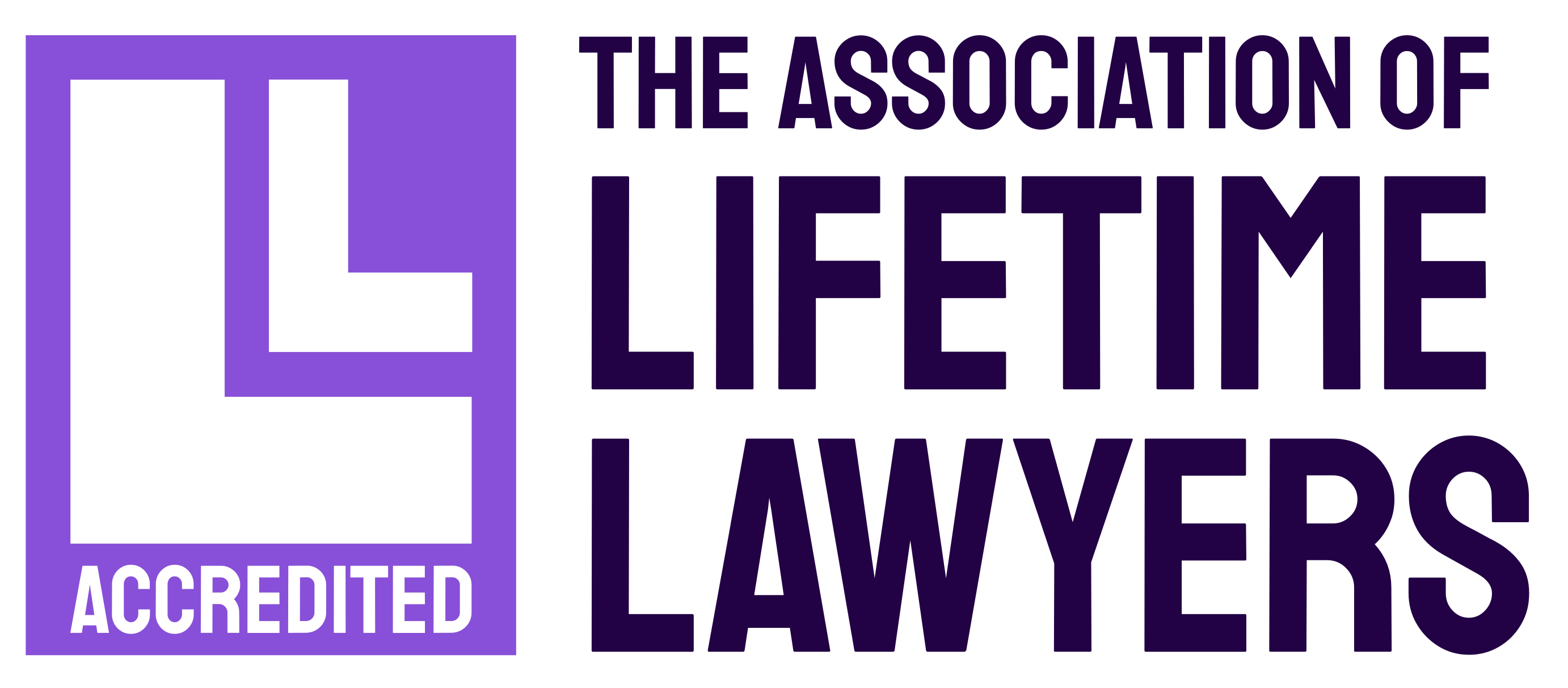News & insights
Savvy questions to ask when you go to a property viewing
19th June 2017

Looking for a new house can be a daunting process, particularly if it’s your first experience of buying. If you’re lucky, you might have an experienced friend or family member who can spare the time to come with you to every potential dream home, equipped with all the relevant questions that will ensure you’re not sold a dud.
Approach your buying with cool detachment, and play hard to get, even if you fall head over heels in love with the first property you set eyes on. If you ask the right questions to the seller, you may be able to get inside knowledge on whether the house will be a great investment or a money pit. Go to your viewings armed with important questions, and then you can choose to make an offer – or not, as the case may be – feeling fully informed.
Firstly, try and get a bit of background as to why the previous owner is selling. If they want to downsize, or get a bigger house to accommodate a growing family, that suggests that although the house is no longer suitable for them, it might be just right for you. If, though, they’ve decided to up-sticks because of next door’s enthusiastic dogs or a recent string of burglaries, you might want to reconsider your interest.
When you walk through the door, have a look at the décor. A 1970s floor to ceiling floral wallpaper is no reason to discount a property by any means, however wallpaper hides a multitude of sins, and there could be some problems that you can’t see. Ask the agent if the property has a history of damp, or if any damp coursing work has been done recently. Investigate where you can, looking out for black spots on the walls, particularly in corners, and use your nose – you can normally smell damp before you see it. Fixing an existing damp problem can be a costly process, so it is worth being fully aware before you make that problem your own.
What are the costs associated with living in this house? Can the seller give you an idea of how much the average costs of utilities is for the property, and what band of council tax does it sit in? Remember, you’re not only buying the house, you’re buying all the associated bills too, so it’s important to understand how your monthly outgoings will be impacted as a whole, not just in terms of mortgage.
Hand in hand with the utilities costs, ask the vendor about when the central heating was installed and what the energy efficiency rating is. If it’s a boiler that has a low efficiency rating, you may need to decide if this is a deal breaker. A full replacement of your central heating system can cost upwards of £3,000, which would be an unpleasant cost to face if you weren’t prepared for it. Nobody wants the first Christmas in their new home ruined by a dodgy boiler.
Has the house had any work done recently that is still under guarantee? This could include, but is not limited to, roof work, double glazing, PVC doors, and central heating. Remember, some guarantees are only valid with the relevant documentation, so check if the owner still has the receipts. This will help to avoid heartache in the future if something goes wrong and you need to make a claim.
The seller or estate agent may not be able to answer all these questions, but they are certainly important areas to think about. Structural issues, such as the damp or the roof, will be addressed when you have your survey, but if you can find out as much as possible prior to that, it could help you to make a decision whether to go ahead or not quickly and without added expense.
Please note: This article is intended as guidance only. No responsibility for loss occasioned/costs arising as a result of any act/failure to act on the basis of this article can be accepted by Latimer Hinks. In addition, no responsibility for loss occasioned/costs arising as a result of any act/failure to act on the basis of this article can be accepted by the firm.
For further information contact: 01325 341500

Martin Williamson




